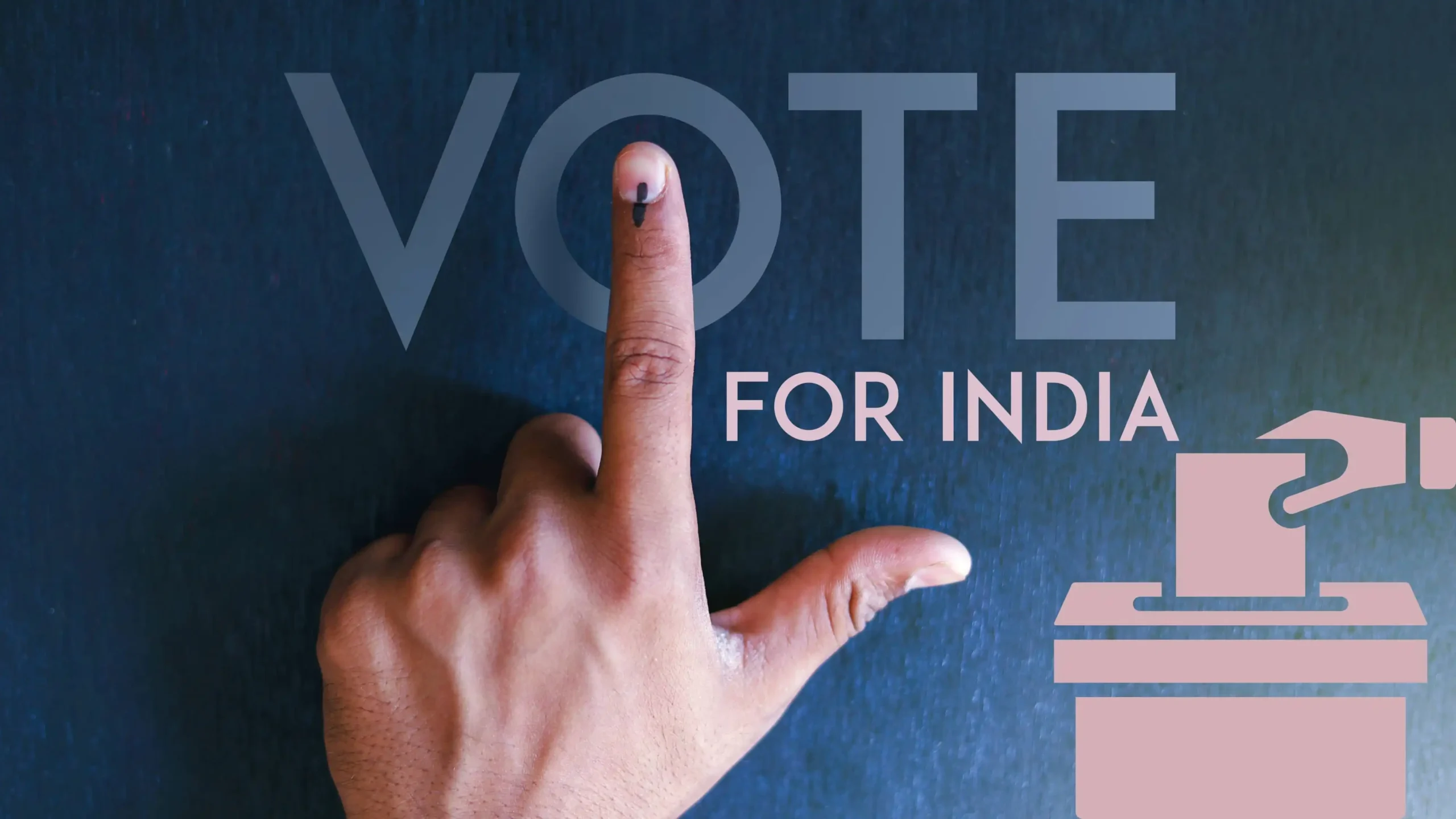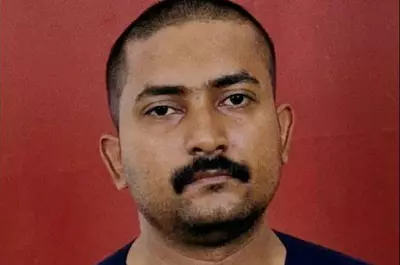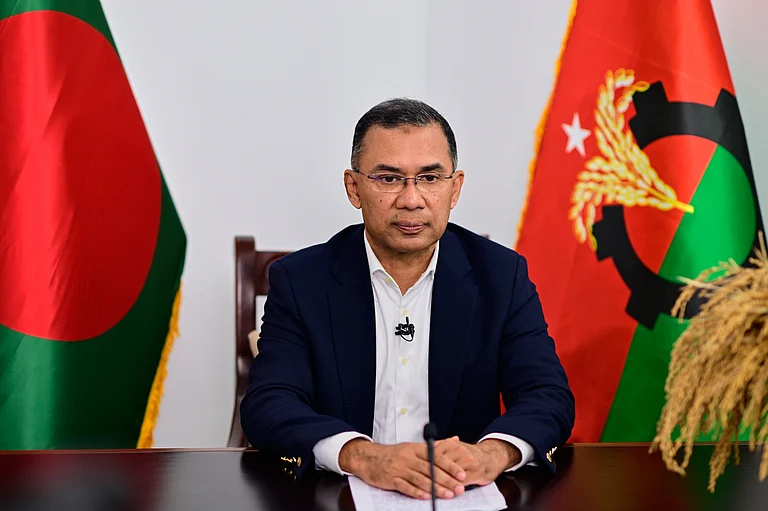In the 2019 Lok Sabha elections, only 99844 NRIs were registered as voters, with a meager one-fourth of them, amounting to 25606 individuals, making the journey to India to cast their votes. This marked a significant increase from the mere eight votes cast out of 13039 registered overseas voters in 2014
The influence of the Indian diaspora on Indian elections has been gradually but noticeably increasing over the years. As holders of Indian passports, Non-Resident Indians (NRIs) possess the right to vote in Indian elections. However, despite this privilege, the participation of NRIs in the electoral process has been relatively low.
In the 2019 Lok Sabha elections, only 99844 NRIs were registered as voters, with a meager one-fourth of them, amounting to 25606 individuals, making the journey to India to cast their votes. This marked a significant increase from the mere eight votes cast out of 13039 registered overseas voters in 2014.
Interestingly, a substantial proportion of NRI voters hailed from the state of Kerala, with 25534 exercising their franchise in 2019. The remaining voters were scattered across different states, with Karnataka accounting for 16 votes out of 72, despite having 411 registered overseas voters.
Looking ahead to the 2024 elections, the Election Commission has reported a notable increase in the number of overseas voters, with 118439 individuals on the list. However, it remains to be seen how many of them will actually turn up to vote. One of the primary reasons cited for the low turnout among NRIs is the lack of provisions for proxy voting or remote voting.
The Indian diaspora comprises an estimated 32 million individuals residing abroad, encompassing employees, businessmen, and permanent settlers categorized as NRIs or Overseas Citizens of India (OCIs). This diverse group holds the potential to significantly impact Indian elections, provided efforts are made to overcome the existing challenges.
Recent trends indicate a rise in the international wings of political parties, with formal setups established at both the country and city levels. This development reflects a growing recognition of the importance of engaging with the Indian diaspora and harnessing their support for electoral campaigns.
-
While the Indian diaspora’s influence on Indian elections is on the rise, there are still barriers to overcome in order to fully harness their potential
-
By addressing issues such as voting accessibility and engagement, India can tap into the valuable resource of its overseas community to strengthen its democratic foundations
As the Indian diaspora continues to expand and diversify, there is a pressing need for policies that facilitate their participation in the democratic process. Initiatives such as the introduction of proxy voting or remote voting mechanisms could play a crucial role in enhancing NRI turnout and ensuring their voices are heard in shaping India’s political landscape.
On March 16, the Election Commission unveiled the timetable for the forthcoming Lok Sabha elections. Spread across 7 phases, the polling will commence on April 19 and conclude on June 1, with the crucial vote tallying scheduled for June 4, as per the declaration by the poll panel.
With the announcement of the schedule, the Model Code of Conduct was promptly enforced, clarified the Election Commission.
In a breakdown provided by the Chief Election Commissioner, the first phase will witness elections in 102 constituencies, followed by 89 in the second phase, 94 in the third, 96 in the fourth, 49 in the fifth, 57 in the sixth, and finally 57 in the seventh phase.
While the Indian diaspora’s influence on Indian elections is on the rise, there are still barriers to overcome in order to fully harness their potential. By addressing issues such as voting accessibility and engagement, India can tap into the valuable resource of its overseas community to strengthen its democratic foundations.
**********************************
Readers
These are extraordinary times. All of us have to rely on high-impact, trustworthy journalism. And this is especially true of the Indian Diaspora. Members of the Indian community overseas cannot be fed with inaccurate news.
Pravasi Samwad is a venture that has no shareholders. It is the result of an impassioned initiative of a handful of Indian journalists spread around the world. We have taken the small step forward with the pledge to provide news with accuracy, free from political and commercial influence. Our aim is to keep you, our readers, informed about developments at ‘home’ and across the world that affect you.
Please help us to keep our journalism independent and free.
In these difficult times, to run a news website requires finances. While every contribution, big or small, will makes a difference, we request our readers to put us in touch with advertisers worldwide. It will be a great help.
For more information: pravasisamwad00@gmail.com











